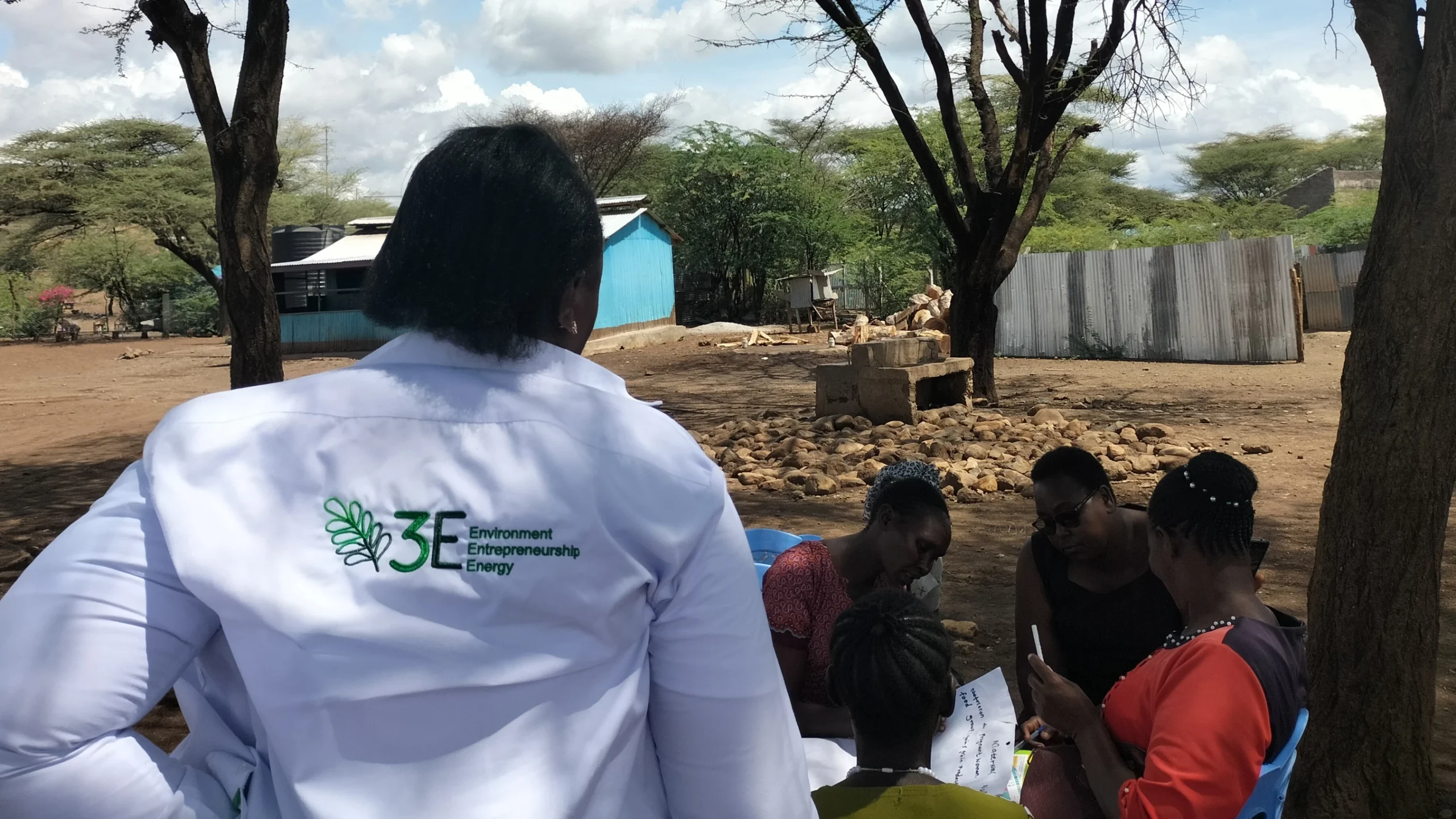Coffee farming has long been a cornerstone of Kenya’s economy, especially in the country’s highlands. Introduced by white settlers, coffee cultivation took root, and after their departure, local Kenyans took over the farms. Having gained experience working in these lands, they continued growing coffee, passing down the knowledge from generation to generation.
While many may not be aware, Nakuru County also boasts of thriving coffee farming. Subukia subcounty is a prime example, where coffee is a significant economic activity. Last year, we visited this region to learn deeper into their coffee-growing practices and explore the operations of the local coffee farmers and cooperative societies. Interestingly, many of these cooperatives, established by the white settlers, were later inherited by the local population. The farmers expressed a need for more modern coffee production methods, better pest control strategies, and capacity building initiatives for both farmers and the cooperatives.
The ecological importance of coffee, particularly its role in reducing soil erosion, coupled with its potential for high yields, drew our organization towards supporting coffee farming in Subukia. Our mission was to empower these farmers to grow their coffee from the ground up, while simultaneously implementing innovative and sustainable solutions that would not only boost production but also conserve the environment.
In 2024, we kicked off the project implementation in Kabazi ward, collaborating with the Ministry of Agriculture and Livestock. Working alongside local dairy and coffee farmers who generously offered demonstration plots, we’ve already begun laying out the farms. Our focus centres on best practices in coffee management, encompassing everything from planting to harvesting. We’re introducing modern knowledge on coffee cultivation, including the use of fast-growing, high-yielding grafted coffee varieties. Additionally, farmers are receiving training in good agricultural practices and effective pest control methods.
The farmers have embraced the project with great enthusiasm, expressing high hopes for learning new techniques and significantly improving their coffee yields. As a new project for our organization, we’re committed to learning and growing alongside the Kabazi community. We envision leaving a lasting positive impact by transforming coffee farming in the ward, shifting the focus from solely maximizing yield to prioritizing sustainable and environment friendly practices.





